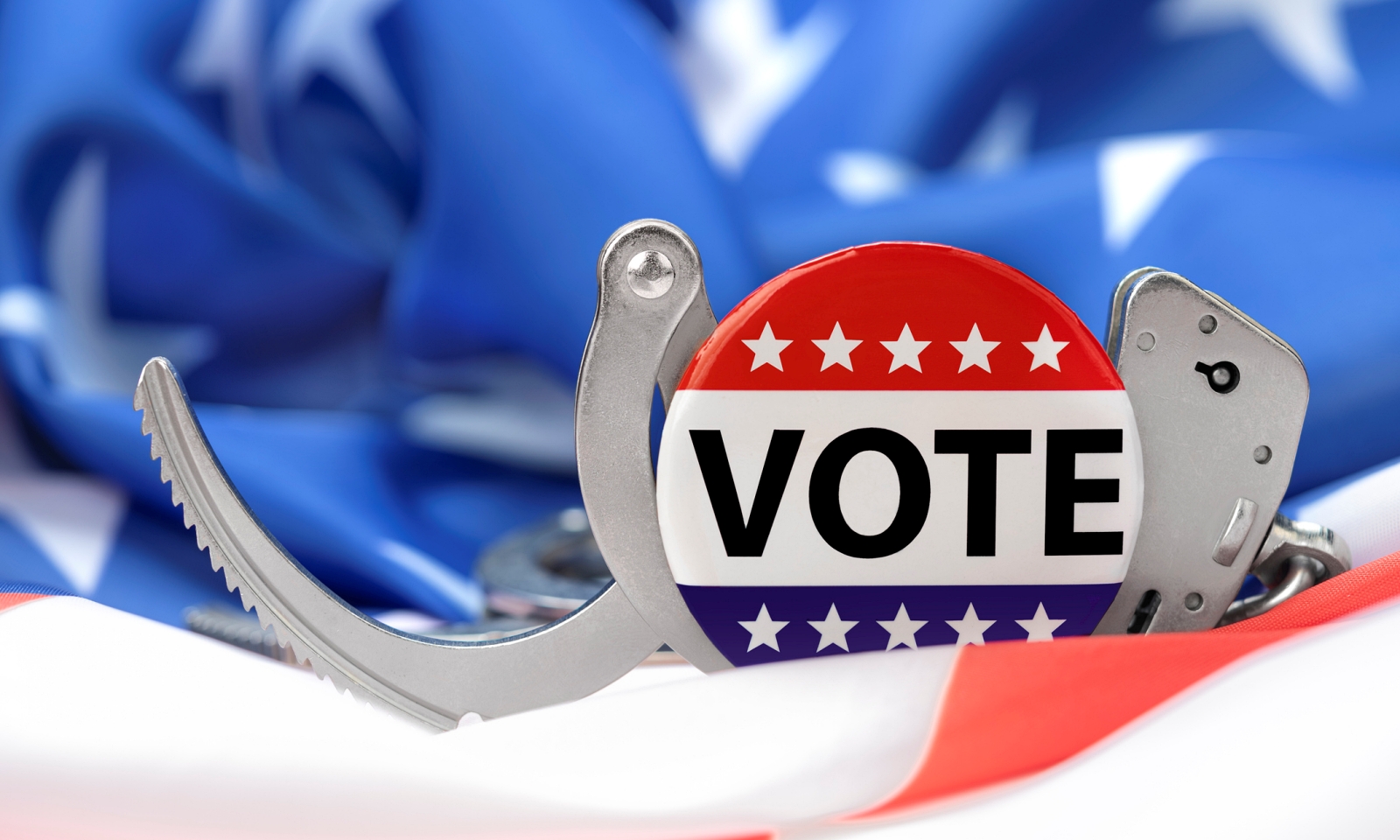In a significant ruling on July 5, the Wisconsin Supreme Court decided to reinstate the use of unstaffed drop boxes for absentee ballots, reversing the prohibition that had been in effect since 2022. The court’s 4–3 decision marks a pivotal change in Wisconsin’s election procedures ahead of the 2024 elections.
In 2022, the Wisconsin Supreme Court ruled that state law did not allow for absentee drop boxes to be placed anywhere other than in election clerk offices. This decision effectively banned the use of unmanned drop boxes, which had been widely utilized in previous elections to facilitate absentee voting.
The reversal of the 2022 ruling was influenced by a change in the court’s composition. A new justice was elected in 2023, which led to a re-evaluation of the previous decision. During the arguments in May, Justice Jill Karofsky questioned the validity of the 2022 ruling, suggesting that it may have been a mistake. “What if we just got it wrong? What if we made a mistake? Are we now supposed to just perpetuate that mistake into the future?” Karofsky asked during the proceedings.
The court heard arguments three months before the August 13 primary and six months ahead of the November presidential election. Attorneys representing Republican backers of the 2022 ruling contended that there had been no changes in the facts or the law to justify overturning a decision that was less than two years old. Misha Tseytlin, attorney for the Republican-controlled Legislature, argued that overturning the ruling could lead to future instability, as the court might have to revisit the issue whenever its composition changes.
However, Justice Karofsky countered this by pointing out the potential flaws in the 2022 decision, questioning whether the court should continue to uphold a ruling that was “egregiously wrong from the start” with “exceptionally weak” reasoning and damaging consequences.
Democrats and voting rights advocates argued that the 2022 ruling misinterpreted the law by concluding that absentee ballots could only be returned to a clerk’s office and not to a drop box controlled by the clerk. David Fox, attorney for the groups challenging the prohibition, described the current law as unworkable and unclear about where ballots can be returned.
Several justices expressed concerns about revisiting the previous ruling, with Justice Rebecca Bradley cautioning against the court acting as a “super Legislature” and giving municipal clerks excessive discretion in conducting elections.
The case was brought by voter mobilization group Priorities USA and the Wisconsin Alliance for Retired Voters. Governor Tony Evers and the Wisconsin Elections Commission, which oversees the state’s elections, supported the use of drop boxes. Election officials from four counties, including the state’s two largest, also filed briefs in support of overturning the prohibition, arguing that drop boxes had been used securely for decades.
The plaintiffs’ attorneys highlighted the practical impact of the 2022 ruling, noting that over 1,600 absentee ballots arrived late and were not counted in the 2022 election when drop boxes were not in use. By contrast, in the 2020 election, when drop boxes were available, only 689 ballots arrived after Election Day, despite a significantly higher number of absentee voters.
The Wisconsin Supreme Court’s decision to reinstate unstaffed drop boxes is a crucial development in the state’s election laws, potentially increasing accessibility and convenience for absentee voters. As the 2024 elections approach, this ruling may have significant implications for voter turnout and the administration of elections in Wisconsin.
The Associated Press contributed to this report.


You must be logged in to post a comment Login